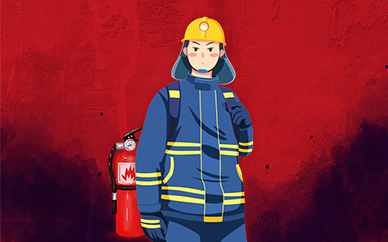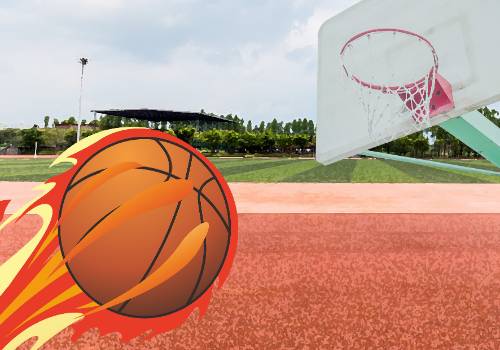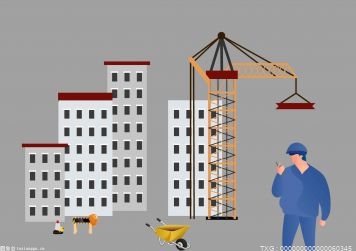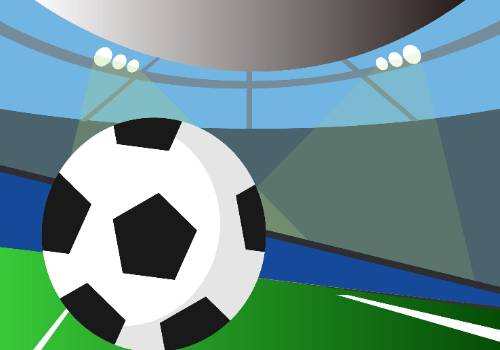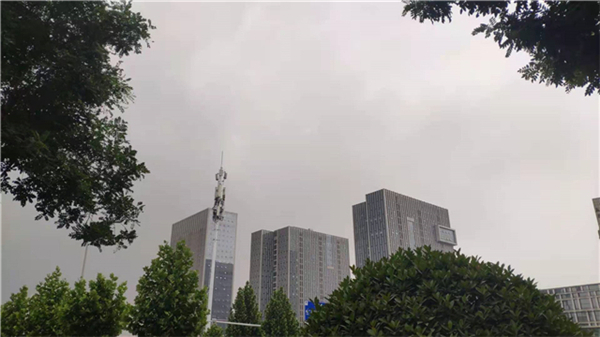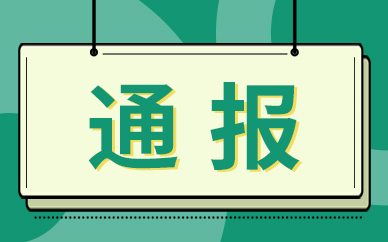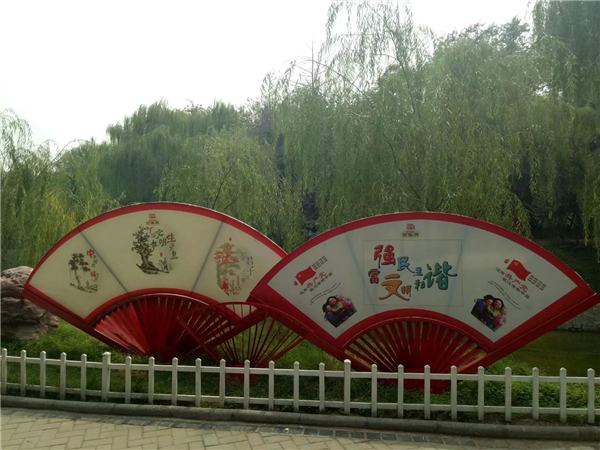七年级英语——手表用单词怎么读
unit5 Topic1单词
gate :n.大门 [geɪt]
 (相关资料图)
(相关资料图)
by : prep.(表示方式,如乘车等);按照adv.经过 [baɪ]
subway: n.地铁
=underground [ˌʌndə’ɡraʊnd] [‘sʌbweɪ]
by subway 乘地铁
always: adv.总是,一直 [‘ɔːlweɪz]
come on 快点儿;加油;来吧
on foot 步行
plane :n.飞机 [pleɪn]
train :n.火车;v. 培训,训练 [treɪn]
ship :n.(大)船,轮船,舰 [ʃɪp]
boat: n.小船,舟 [bəʊt]
weekday :n.工作日 [‘wiːkdeɪ]
early:adj.早的;提早的adv.早地;提早[‘ɜːli]
bird :n.鸟 [bɜːd]
catch :v.捉住;接住;染上(疾病)[kætʃ]
worm:n.软体虫,蠕虫(尤指蚯蚓)[wɜːm]
sometimes :adv.有时 [‘sʌmtaɪmz]
seldom :adv.很少 [ˈseldəm]
walk: v.& n.步行;散步 [wɔːk]
never :adv.从不 [‘nevə]
ride : v.骑(自行车、马等)[raɪd]
park:n.公园;v.停(汽)[pɑːk]
watch:v.观看;当心;n.手表 [wɒtʃ]
television:n.电视;电视机 =TV
[ˈtelɪˌvɪʒən]
watch TV 看电视
soccer:(football BrE) n.足球(运动)
[ˈsɒkə]
movie:n.电影film [ˈmuːvi]
begin:v.开始 [bɪ’gɪn]
at school 在学校;在上课
after:prep.在…后conj.在…以后 [‘ɑːftə]
bed n.床 [bed]
basketball : n.篮球 [‘bæskɪtbɔːl]
swim : v.& n.游泳
[swɪm] go swimming 去游泳
listen :v.(注意地)听 [‘lɪsn]
music :n.音乐;乐曲 [‘mjuːzɪk]
library:n.图书馆,图书室 [‘laɪbrəri]
week:n.星期,周 [wiːk]
once:adv.一次;曾经conj.一旦[wʌns]
twice:adv.两次;两倍 [twaɪs]
great:adj.伟大的;好极的 [greɪt]
wall:n.墙 [wɔːl]
the Great Wall长城
life:n.生活;生命 [laɪf]
American:adj.美国的n.美国人[ə’merɪkən]
or:conj.或者;否则 [ɔː]
over:adv.结束;穿过;多于prep.在…上面[‘əʊvə]
more:det.更多的;adv.更多(much或many的比较级)[mɔː]
talk : n. v.&n.谈话[tɔːk]
Unit5 Topic1知识梳理
重点短语:
1. on foot 步行
go …on foot = walk ( to )…
2. at the school gate
在学校大门口
3. on weekdays
在平日 ,在工作日
4. on weekends=on the weekend
在周末
5. after school 放学后
6. after class 下课后
7. after breakfast / lunch / supper
早餐 / 午餐 / 晚餐后
8. in one’s free time
在某人空闲时间
9. have a rest 休息一下
10. read books 读书
11. go swimming 去游泳
12. listen to music 听音乐
13. watch TV 看电视
14. do(one’s) homework 做作业
15. go to the zoo / park
去动物园 / 公园
16. once a week 一周一次
17. every day 每天
18. have classes 上课
19. for a little while 一会儿
20. go to bed 上床睡觉
21. come on 快点,加油,来吧
22. get up 起床
23. talk with / to sb.与某人谈话
24. at school 在学校、在上课
25. go to school 去上学
26. and so on ……等等
重点句型:
1. —Happy New Year!
–The same to you.
2. —Your new bike looks very nice.
–Thank you.
3. —How do you usually come to school?
–I usually come to school by subway.
4. —How often do you go to the library?
—Once/Twice/Three times a week/Very often/Every day/Sedom
6. The early bird catches the worm.
(谚语) 笨鸟先飞
7. Work / Study must come first.
工作/ 学习必须放在第一位!
8. Classes begin at eight.
=Class begins at eight.
9. What time does the class begin?
What time do the classes begin?
10. We have no more time.
我们没有更多的时间了。
11. I have four classes in the morning and two in the afternoon.
我早上上四节课,下午上两节。
12. She goes to bed at about a quarter to ten.
她九点四十五分睡觉。
重点语法:一般现在时
一般现在时(常与频度副词never, seldom, sometimes, often,usually等连用)
一般现在时表示:
(1)现在所处的状态。Jane is at school.
(2)经常或习惯性的动作。I often go to school by bus.
(3)主语具备的性格和能力。He likes playing football.
(4)客观真理。The earth goes round the sun.
常用的时间状语:often, always, usually, sometimes, every day等等。
行为动词的一般现在时,助动词是do/don’t和does/doesn’t.
当主语是第一、二人称和所有复数形式时,行为动词用原形。
肯定式:I go to school on foot.
否定式:I don’t go to school on foot.
疑问式:Do you go to school on foot? —Yes, I do. —No, I don’t.
当主语是第三人称单数时,动词用第三人称单数形式,在词尾加-s或-es。
肯定式:He goes to work by bus.
否定式:He doesn’t go to work by bus.
疑问式:Does he go to work by bus? —Yes, he does. —No, he doesn’t.
标签:

